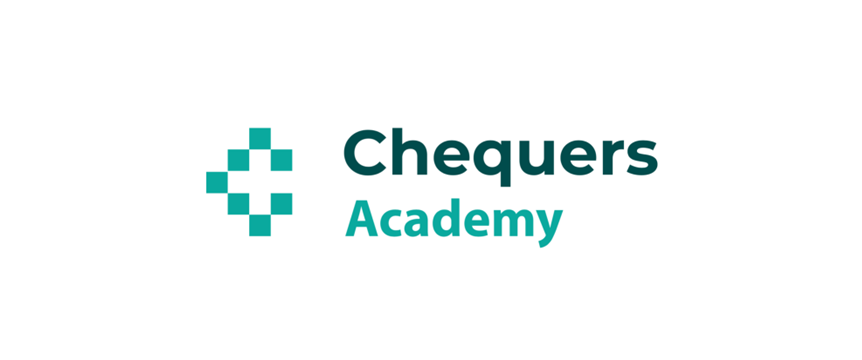- July 22, 2025
- Posted by: Kolsuma Ali
- Categories:
If you’re preparing for the PLAB 2 exam as an international medical graduate looking to practice medicine in the NHS, you’re not alone. This practical exam can be challenging, but success is achievable with the right strategy. Many candidates fall into common traps that lower their scores — not due to a lack of knowledge, but due to poor exam technique, communication issues, or nerves.
In this blog, we’ll go over the top mistakes to avoid in PLAB 2 and, most importantly, how to fix them so you can boost your chances of passing the first time.
1. Failing to Demonstrate Empathy
The Mistake:
Too often, candidates focus purely on the clinical side and forget to acknowledge a patient’s emotions. PLAB 2 assesses your ability to treat patients in England, where communication and empathy are crucial.
How to Fix It:
- Use phrases like: “I can understand how that might feel…” or “That must be worrying for you.”
- Practice active listening and maintain good eye contact.
- Never rush through emotional cues. Pause, acknowledge, and respond kindly.
2. Incomplete Data Gathering
The Mistake:
Many candidates jump into giving advice or diagnosis without gathering full history — especially around ICE (Ideas, Concerns, and Expectations), family history, and psychosocial aspects.
How to Fix It:
- Structure your history-taking. Use mnemonics like SOCRATES or ICE.
- Always ask about:
- Past medical history
- Medications
- Social history (e.g., smoking, alcohol, occupation)
- Practice with a study partner to ensure consistency.
3. Rushing Through the Scenario
The Mistake:
Some candidates panic under time pressure and speed through the station without building rapport or gathering enough information.
How to Fix It:
- Practice time management. Aim to spend 2 minutes on introduction and data gathering, 3 minutes on discussion, and the remaining on management and closing.
- Familiarise yourself with the PLAB 2 structure in England, including the common station types.
4. Overuse of Medical Jargon
The Mistake:
Candidates sometimes explain conditions or treatments using technical terms that a layperson might not understand.
How to Fix It:
- Use plain, simple language. Instead of “myocardial infarction”, say “heart attack”.
- Practice explaining conditions to non-medical friends or family to test your clarity.
5. Neglecting Consent and Confidentiality
The Mistake:
Forgetting to gain proper consent or breaching confidentiality can be a red flag in PLAB 2.
How to Fix It:
- Always begin physical exams or sensitive questioning by saying, “Would it be okay if I ask you a few personal questions?” or “Do I have your permission to examine you?”
- Don’t share patient information unless it’s for safeguarding or with consent.
6. Ignoring Non-Verbal Communication
The Mistake:
Poor body language — such as crossing arms, avoiding eye contact, or failing to smile — can make you seem uncaring or robotic.
How to Fix It:
- Practice in front of a mirror or record yourself.
- Use open body language, nod, and maintain appropriate eye contact.
7. Forgetting to Summarise or Safety-Net
The Mistake:
Jumping to management without summarising findings or providing safety-netting can cost marks.
How to Fix It:
- Before closing, summarise key points: “So just to recap what we discussed…”
- Always safety-net: “If your symptoms get worse, please don’t hesitate to come back or call emergency services.”
Final Tips for Success in PLAB 2
- Practice with real-time feedback – Use mock exams and study groups.
- Familiarise yourself with the UK healthcare system – Understand how consultations are typically handled in the NHS.
- Stay calm and confident – Remember, the examiners are looking for a safe, competent junior doctor.
Conclusion
The PLAB 2 exam isn’t just about medical knowledge — it’s about how well you communicate, empathize, and adapt to the UK’s healthcare setting. Avoiding these common mistakes can dramatically improve your chances of passing.
If you’re looking for expert guidance, consider joining our PLAB 2 course at Chequers Academy. We’re proud to have an ex-PLAB examiner leading our training sessions — someone who deeply understands what examiners look for and knows exactly how to prepare candidates for success. With his structured, hands-on approach and proven track record, you’ll gain the confidence and skills needed to perform your best on the day.
Let us help you take the next step toward your medical career in the NHS— the right way.

